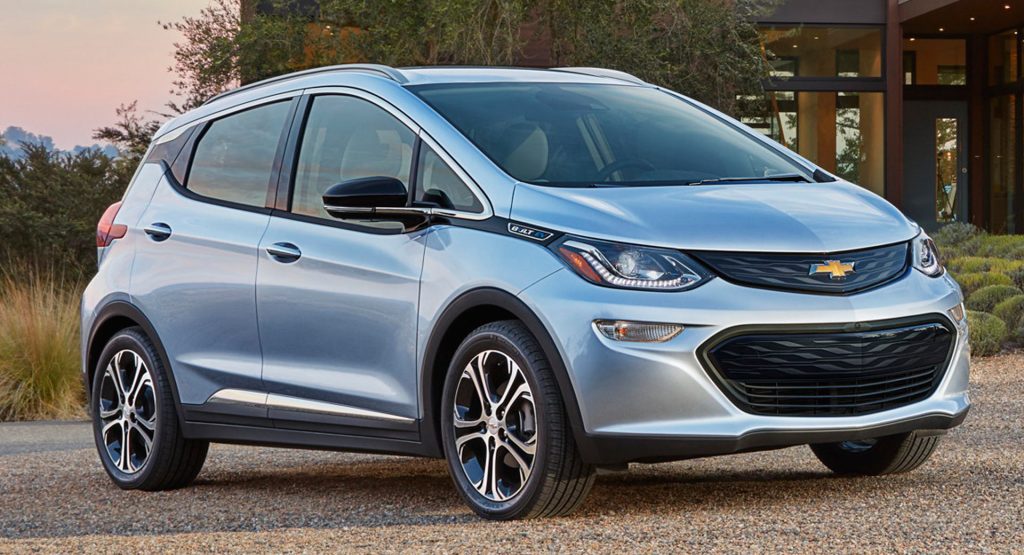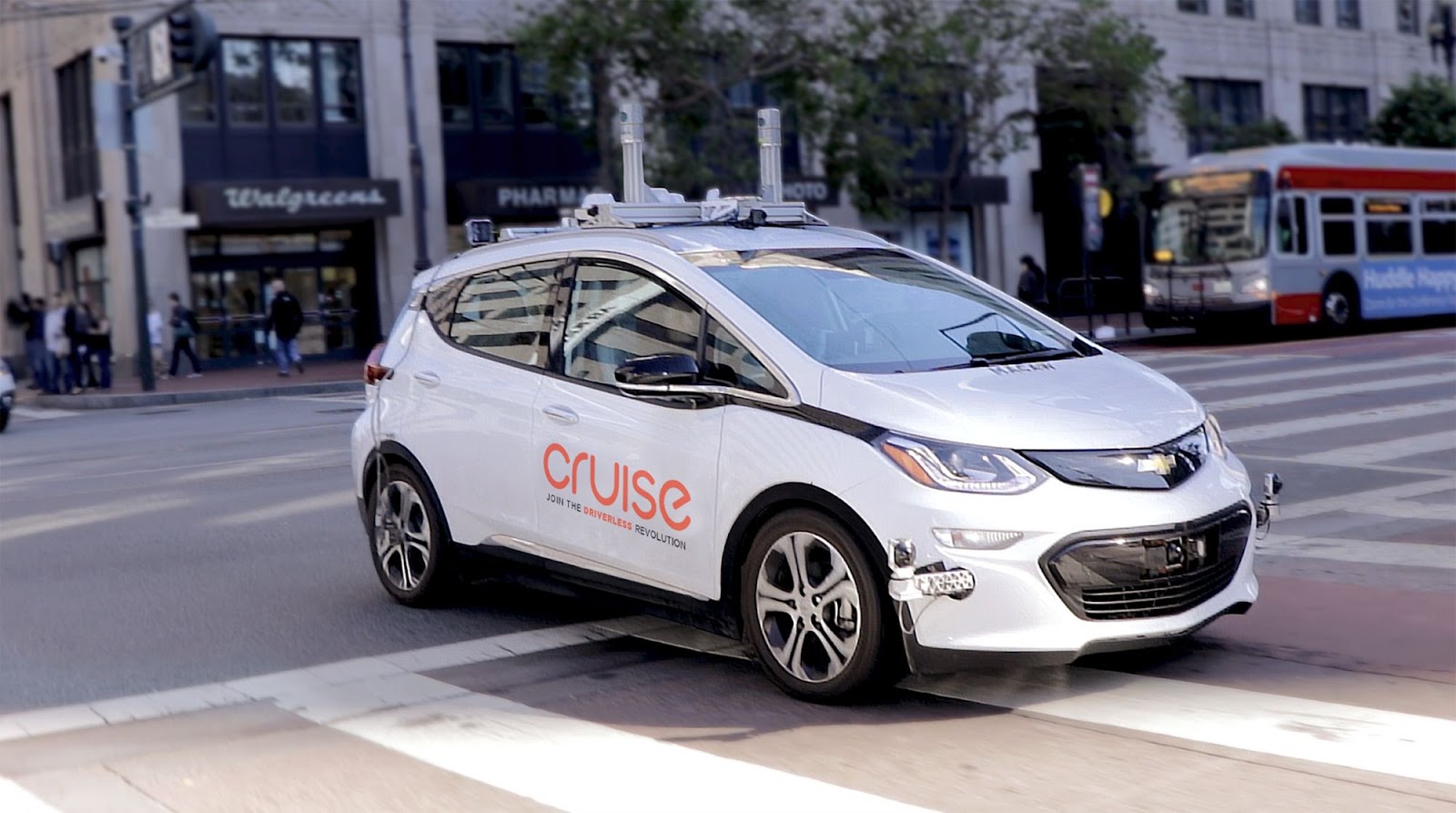General Motors has repeatedly said it’s committed to an all-electric future, but CEO Mary Barra has revealed its upcoming EVs won’t be profitable right away.
According to CNBC, Barra used today’s fourth quarter and year-end earnings call to reveal the company’s electric vehicles won’t return a profit until “early next decade.” While Barra didn’t go into specifics, GM’s Form 10-K filing (PDF) with the Securities and Exchange Commission revealed a number of interesting details.
In the filing, GM said it believes the automotive industry will “continue to experience significant change in the coming years” and it is strategically important they become a leader in the adoption of electric vehicles and the commercialization of autonomous vehicles in a rideshare environment.
This won’t come cheap as GM said designing and developing new technologies, products and services is a “complex, costly and uncertain” process that requires extensive capital investment. Despite requiring significant funding, the automaker said there “can be no assurance” these technologies will be developed in a timely or feasible manner. The automaker also noted that competitors could acquire similar or better technologies sooner than them.
Despite this, GM says if they don’t make these investments their sales, profitability and long-term competitiveness “may be harmed.”
While the automaker is committed to electric vehicles, it flatly stated “Our profitability is dependent upon the success of SUVs and full-size pickup trucks.” That’s not exactly shocking news, but it a bit jarring seeing the company admit their dependence of trucks and crossovers shortly after touting the need for electric vehicles.
Speaking of electric vehicles, GM said their EV strategy is “dependent” upon their ability to reduce the cost of manufacturing them. Even is the company is able to lower the costs of producing electric vehicles, the automaker noted their success will largely depend on consumer adoption of EVs. This remains to be seen and GM noted adoption can be impacted by a number of different factors including perceptions about quality, performance and cost. This is on top of concerns about range and access to charging stations – among other things.






